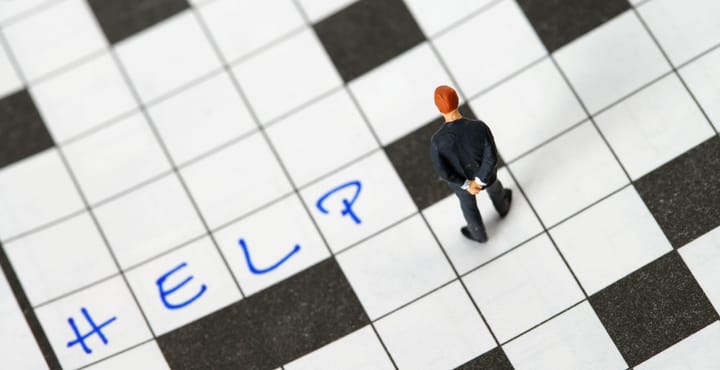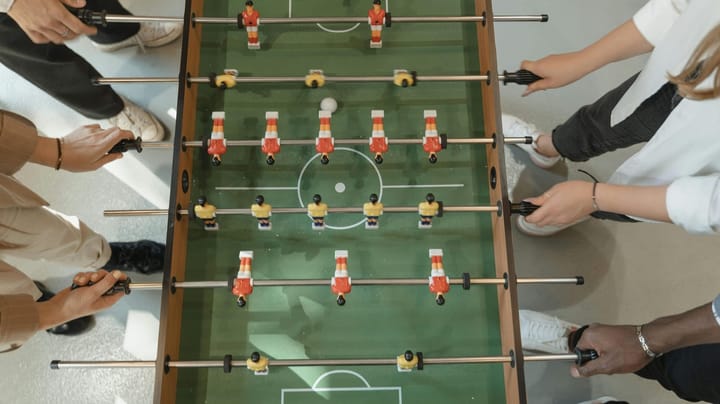Reducing Cognitive Load: A Guide to Preventing Overload at Work

Imagine this. You need to respond to a work email. You need to think and analyze the situation to write something meaningful. Or maybe you need to present at a meeting. You need to think, prepare slides, organize your speaking points, and remember them before you can present.
So, for each task you do, you need some mental effort. The more complex the task is, the more mental effort you need. This mental effort to do any task is known as cognitive load. Cognitive load encompasses various mental activities like thinking, analyzing, problem-solving, decision-making, memory, etc.
Solving different types of tasks demands different levels of cognitive load. For example, solving a complex mathematical problem needs more cognitive load than doing simple tasks like brushing your teeth every morning. Routine tasks take less cognitive load and are effortless with time.
Cognitive overload and mental health
Cognitive overload has a deep connection with mental health. When you are challenged with too many complex tasks, the cognitive load exceeds one’s threshold leading to different mental health issues like burnout, stress, tension, etc. For example, a marketer working on multiple campaigns, navigating creativity while managing customer expectations, and experimenting and learning on the job may experience substantial cognitive overload.
Excessive pressure and cognitive overload can affect the employee's productivity and decision-making capability, induce stress, and ultimately affect the overall wellbeing of the individual.
How to prevent cognitive overload at work
Cognitive overload can harm an employee’s productivity, mental health, and wellbeing. Here’s how cognitive overload can be balanced at work.
Introduce time-management strategies
In this hyper-connected world, we are constantly bombarded with information. It feels like our brain has 47 browsers open; none are loading completely. Encouraging employees to practice time management strategies can help them to prioritize tasks. For example, creating a to-do list or giving access to a Pomodoro timer can help employees focus on only one task at a time in a time-bound manner.
Power of meditation
Arranging for meditative sessions and encouraging employees to participate in them can be beneficial, too, to minimize cognitive overloads.
As Disha Shah, a Freelance Writer, mentions, “I have observed that meditation helps me declutter my mind after all the scrolling and other things that demand my attention. Plus, the practice relaxes the constant oscillation of the mind from the past to the future and brings it to the present, where I can focus on things that matter. This naturally improves my attention span, which is a plus, considering we have only 24 hours.”
Messaging optimization
Messaging apps have made workplace communication seamless and real-time across borders. However, messaging apps can be a big hindrance to productivity. Every time your messenger pings or your phone beeps, you have a strong urge to check and respond to it. That’s why the team at Atlassian has introduced a few basic productivity tips, such as snoozing notifications or muting certain channels.
Batching is helpful
Batching is a productivity technique that was first popularized by Tim Ferris in his book Four Hour Weekend. In batching, you group similar tasks to maximize context switching and reduce cognitive overload. A common example of batching is reading and responding to emails at a certain time of the day.
Simplifying tasks
A great way to reduce cognitive overload at work is by simplifying complex tasks into smaller chunks. For example, responding to an email may seem to be one task. But while drafting an email halfway through we realize we need to complete the presentation that we need to attach to the email. Such multitasking is overwhelming and burdens your cognitive load. So instead of multitasking and constantly switching between tasks, give space to your brain and stick to one task at a time.
Encourage practicing self-care
A little bit of self-care goes a long way in reducing those cognitive overloads. Ideally, self care routine should include a bit of physical, emotional, spiritual, and mental wellbeing. Encouraging employees to take time off or go for a little walk during lunch hours is good enough to break the cognitive overburden.
Building a holistic wellness program
In recent years, cognitive overload has emerged as a significant challenge affecting employee wellbeing and productivity. While individual strategies are valuable, employers have some responsibility for protecting their workforce from excessive cognitive burden. Organizations must recognize that implementing a well-designed, holistic wellness program isn't just a nice-to-have perk—it's a crucial investment in their employees' mental health and the company's long-term success.
By implementing comprehensive wellness solutions, companies can help their employees maintain peak cognitive function while fostering a more productive and healthier workplace environment.
If you still don’t have a structured wellness program at your workplace, Manah Wellness specializes in designing customized, science-backed wellness programs that address the unique challenges of modern workplaces.
The LEAP program by Manah Wellness offers a transformative approach to employee wellness.
Click here to learn more about the program.
FAQ
How can we measure cognitive load levels across different departments to identify high-risk areas?
Cognitive load can be assessed through regular pulse surveys, tracking task completion times, and monitoring error rates. Implementing performance analytics tools and conducting regular one-on-ones with team leaders can help identify departments experiencing excessive cognitive burden.
What role does workplace design play in managing employees' cognitive load?
Office layout, lighting, noise levels, and dedicated quiet spaces significantly impact cognitive load. A well-designed workplace with both collaborative and focus areas, proper acoustics, and natural lighting can help reduce mental strain and improve cognitive processing.



